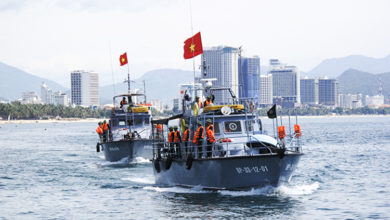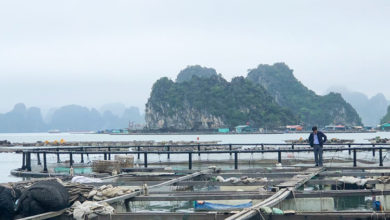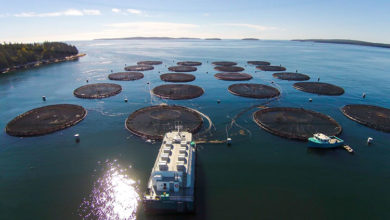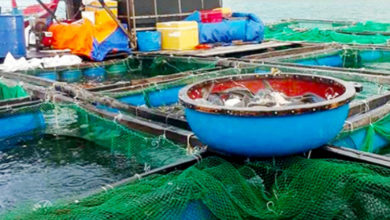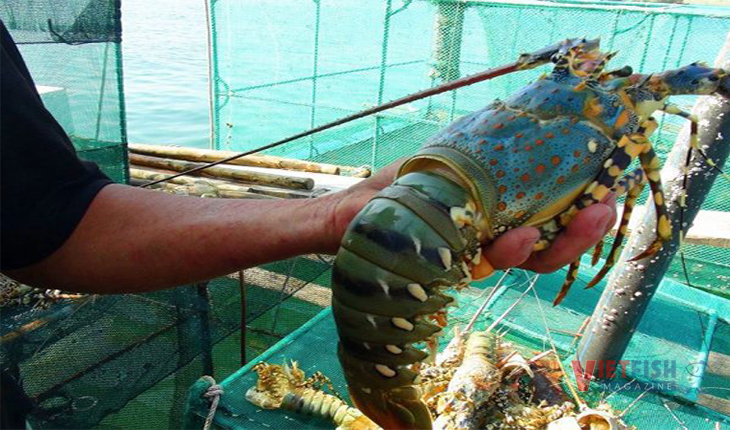Training skilled workforce for advancing sustainable marine aquaculture development
On November 28, the Ho Chi Minh City Branch of the Vietnam Chamber of Commerce and Industry (VCCI) hosted the Closing Ceremony for the Skill Development Program tailored to Vietnam's industrial marine aquaculture sector.
During the event, experts highlighted that the industrial marine aquaculture sector in Vietnam is undergoing a remarkable transformation and has become a crucial pillar in the nation’s sustainable fisheries economic development strategy.
Guided by the “Fisheries Development Strategy 2021–2030, Vision 2045,” the government has prioritized reducing the intensity of natural resource exploitation while accelerating industrial marine aquaculture practices that are modern, safe, efficient, and deeply integrated into global value chains.
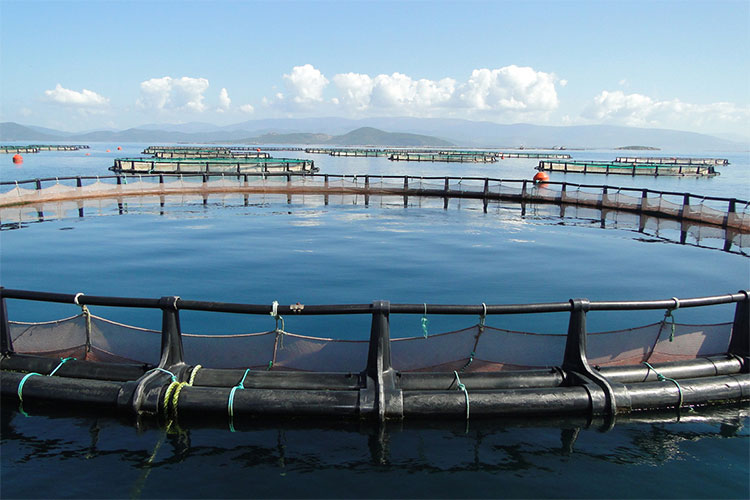
Since 2019, with technical support from the Norwegian Confederation of Enterprises (NHO), the VCCI Ho Chi Minh City Branch has collaborated with the Vietnam Seaculture Association (VSA), provincial Fisheries Sub-Departments, universities, and businesses. Under the guidance of the Directorate of Vocational Education and Training (DVET), the program has developed National Occupational Skill Standards and a short-term training curriculum for industrial marine aquaculture.
Speaking at the closing ceremony, Vo Tan Thanh, Vice President of VCCI, stated that transitioning from traditional marine farming to an industrial model is not only a necessity but also a national strategic challenge.
“Developing a skilled workforce in tandem with partnerships between the government, businesses, and international organizations is key to propelling Vietnam’s marine aquaculture sector toward sustainability and competitiveness on a global scale,” said Vo Tan Thanh.
Norwegian Ambassador to Vietnam, Hilde Solbakken, underscored the significance of international cooperation in transferring technology and management expertise. She noted that NHO and VCCI have worked in close collaboration since 2004. The training program for marine aquaculture and fisheries is a timely and practical outcome of this partnership, aligning with the strategic priorities of both Norway and Vietnam.
The knowledge exchange between the two countries not only achieves better outcomes but also reinforces their bilateral relationship. “The project has successfully adapted Norway’s marine aquaculture expertise to Vietnam’s context, thanks to the contributions of experts from DVET, the Directorate of Fisheries, VSA, and leading enterprises in the field,” Hilde Solbakken remarked.
Nguyen Quang Viet, Director of the Department of Quality Assurance for Vocational Education under DVET, commended the program’s innovative approach, which combines practical local insights with international expertise. He emphasized that this approach aligns well with Vietnam’s current conditions.
Currently, training institutions have autonomy in designing their curricula, making standardization and updates reliant entirely on the schools, which need robust reference materials. The program’s outputs—including processes, methodologies, toolkits, and best practices—provide invaluable resources for educational institutions.
VFM


